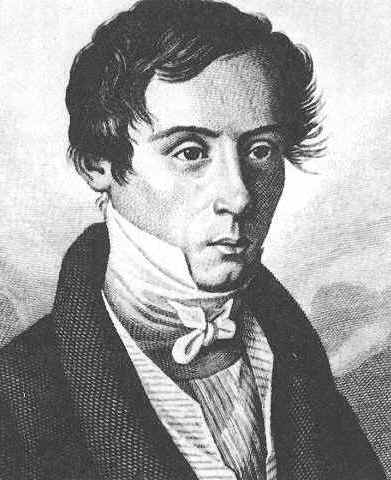in
Context: If one was sometimes led astray by trying to simplify the elements of a science, it is because one has established systems before putting together a fairly large number of facts. Some assumption, which would be very simple when one considers only a class of phenomena, requires many other assumptions if one wants to leave the narrow circle in which we had initially withdrawn. If nature has offered to produce the maximum effect with minimum causes, it is in all of its laws that it had to solve this major problem. It is without doubt difficult to discover the foundations of this wonderful economy, i. e. the simplest causes of phenomena considered from such a wide point of view. But if this general principle of the philosophy of physics does not lead immediately to the knowledge of truth, it can direct the efforts of the human spirit, by leading it away from theories which relate the phenomena to too many different causes, and by adopting preferably those based on the smallest number of assumptions, which show to be more fruitful in consequences.
Famous Augustin-Jean Fresnel Quotes
“Nature is not embarrassed by difficulties of analysis. She avoids complication only in means.”
in
Context: In choosing a theory, one should pay attention to simplicity in hypotheses only. Simplicity in computation can be of no weight in the balance of probabilities. Nature is not embarrassed by difficulties of analysis. She avoids complication only in means. Nature seems to be proposed to do much with little: it is a principle that the development of physics constantly supports by new evidence.
Ce n'est point l'observation mais la théorie qui m'a conduit à ce résultat que l'expérience a ensuite confirmé.
explaining how he was led to discover the law characterizing interference fringes, in [Œuvres complètes d'Augustin Fresnel, Imprimerie impériale, 1866, http://books.google.com/books?id=3QgAAAAAMAAJ, 61]
“I find nothing so painful as having to lead men.”
Je ne trouve rien de si pénible que d'avoir à mener des hommes.
in his December 29 1816 letter to his uncle Léonor Mérimée, in [Œuvres complètes d'Augustin Fresnel, Imprimerie impériale, 1866, http://books.google.com/books?id=3QgAAAAAMAAJ, xviii]
